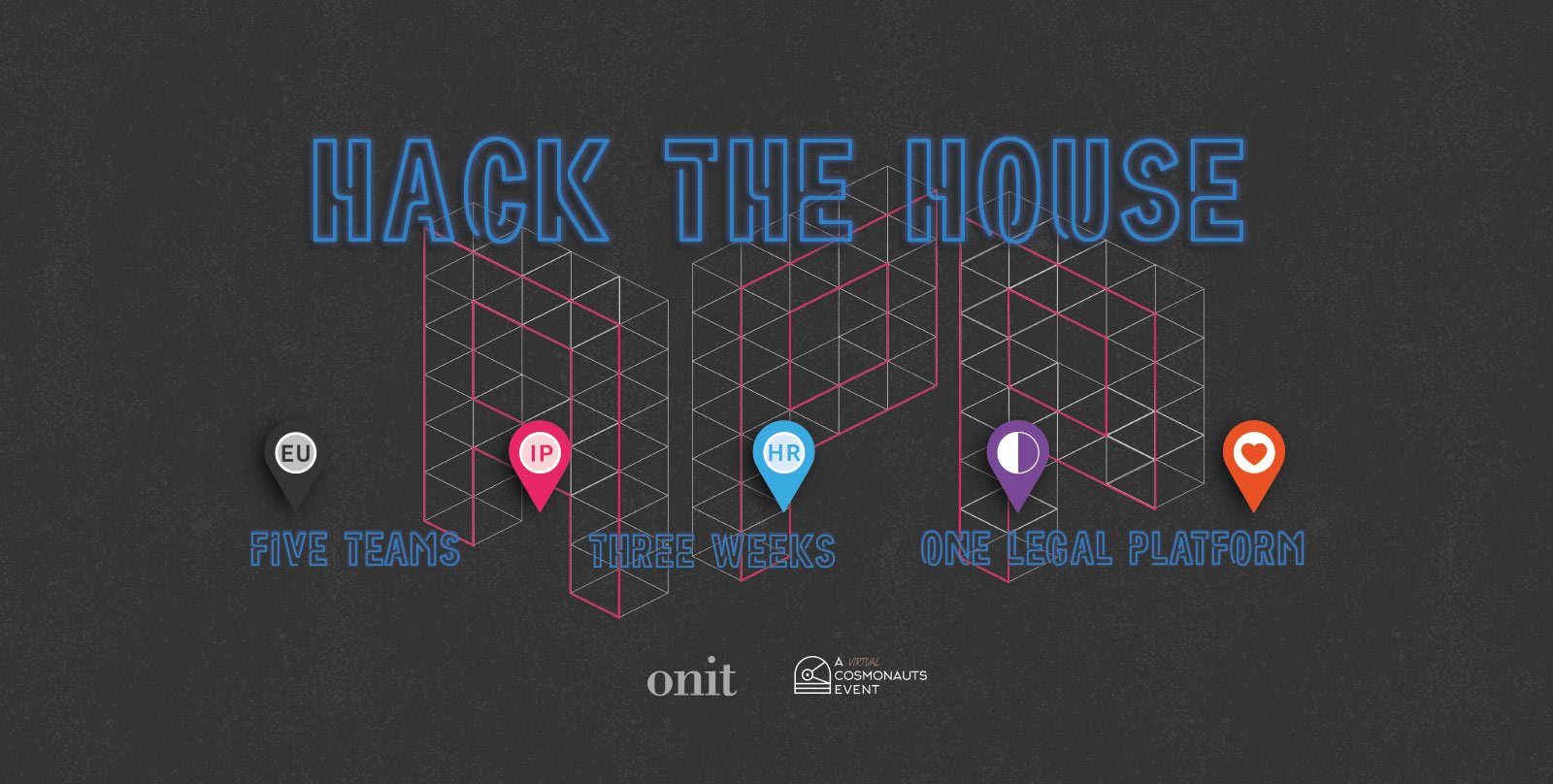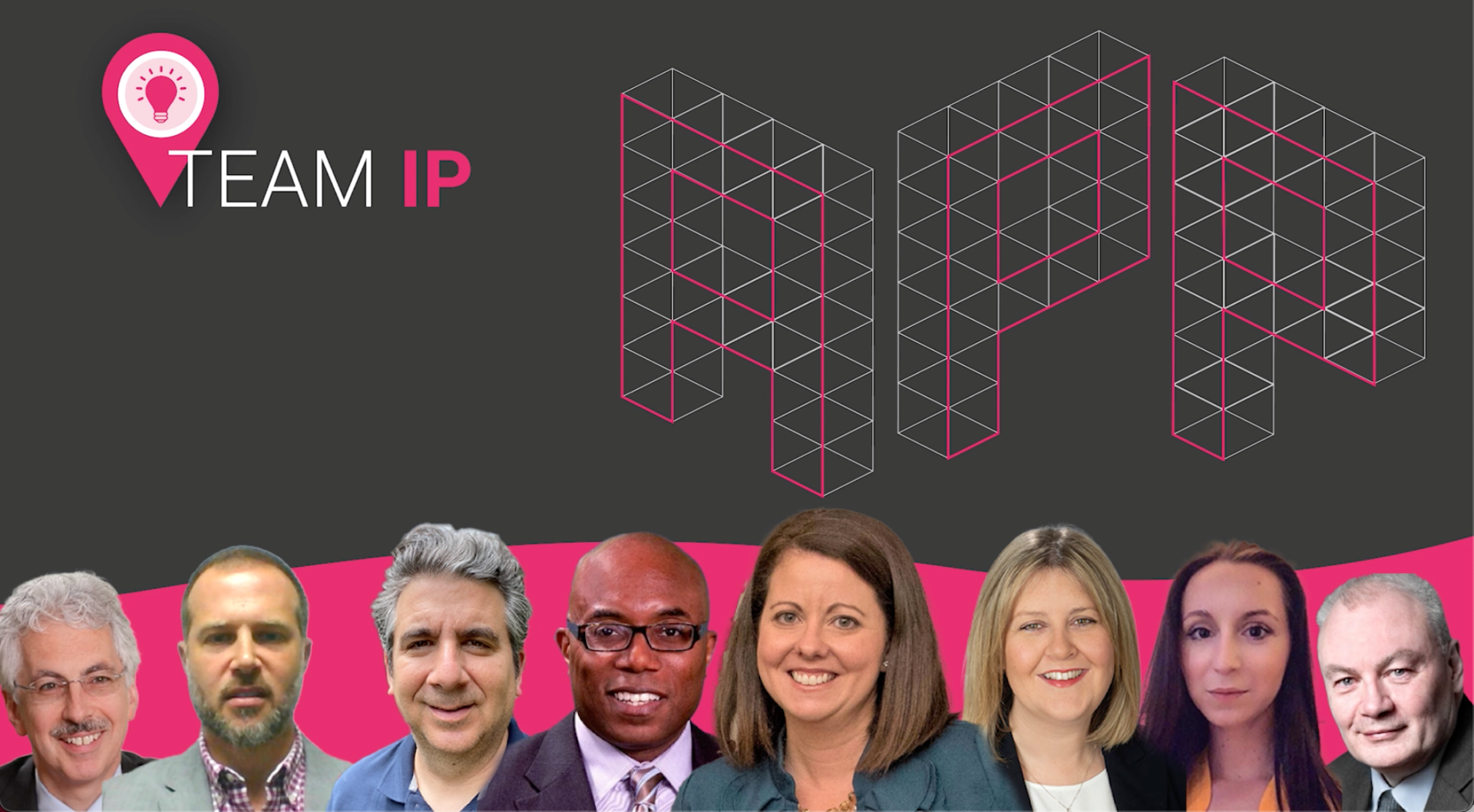
As 2020 draws to a close, Onit is proud to announce that it has won three more awards, including the Deloitte Technology Fast 500, the Growjo 10K and the Vet100.
Deloitte 2020 Technology Fast 500
Deloitte has named Onit to its distinguished 2020 Technology Fast 500 list, an annual ranking of the fastest-growing North American companies in the technology, media, telecommunications, life sciences, and energy tech sectors. Onit landed at #190 on the list, with a three-year growth of 641%.
This is the third consecutive year Onit has been included on this prestigious list.
The rankings over the years demonstrate a consistent increase for Onit. Last year, we ranked #249 on the Deloitte Technology Fast 500 with a percentage growth of 441%. In 2018, we landed at #264 with a three-year growth of 327%.
Technology Fast 500 awardees are selected based on percentage fiscal year revenue growth from 2016 to 2019. Overall, the 2020 Technology Fast 500 companies achieved revenue growth ranging from 175% to 106,508% over the three-year time frame, with a median growth rate of 450%.
You can view the entire Technology Fast 500 list here.
The Growjo 10K, an Exclusive List of the World’s Fastest-Growing Companies
For the second consecutive year, Onit is honored to be included in the 4th edition of the Growjo 10K, a list of the world’s fastest-growing companies. Growjo evaluates more than one million companies for the list each year.
This year, Onit scored #648.
Growjo also ranks the 10,000 on its list by geography and industry – meaning that Onit earned additional recognition, including:
- #4 for the fastest-growing companies in Houston
- #20 for the fastest-growing companies in Texas
- #52 for the fastest-growing companies in technology services
Growjo, the leader in identifying the list of the top growing companies in the world, utilizes unique growth indicators like revenue growth, alternative competition analysis, valuation increases, funding news, hiring announcements, job openings, leadership team developments and other financials.
Click here to see the Growjo 10K report.
The Vet100, a List of the Fastest-Growing Veteran-Owned Businesses
Finally, Onit has been named to the annual Vet100, a compilation of the nation’s fastest-growing veteran-owned businesses. The ranking, created in partnership with Inc. Magazine and Syracuse University’s Institute for Veterans and Military Families (IVMF), was born out of the iconic Inc. 5000 list of the fastest-growing private companies based in the U.S. Both distinctions are considered hallmarks of entrepreneurial success.
Onit’s co-founder and CEO, Eric M. Elfman, served in the Navy for 10 years and credits it for helping him define his entrepreneurial path. As he told the One Million by One Million blog earlier this year:
“I had a different educational journey compared to a lot of entrepreneurs. I dropped out of high school when I was in 10th grade and joined the Navy. The Navy turned me around and straightened me out. It helped me understand that the path from a high school dropout to running a successful business required education. My experience in the Navy showed me the need to get my GED and go to college. I eventually got my MBA here at Rice University.”
“Military experience provides veteran entrepreneurs with skills and knowledge we know to be valuable in the business world,” said Mike Haynie, Syracuse University Vice Chancellor and IVMF Founder and Executive Director. “The growth of this year’s list is a hopeful and inspiring indication of how important and valuable veteran entrepreneurs are to our society and economy. These businessmen and women not only served in defense of our collective freedom and security, they now continue to serve by bettering the economies in their communities and across the country. We are proud to partner again with Inc. magazine and are grateful for their efforts to shine a spotlight on the success of veteran-owned businesses.”
For more information on the Inc. Vet100 List, visit here.
Additional 2020 Awards
This year, Onit has won more than 10 awards – many of them linked to the company’s cumulative growth and increased revenue over the past three to five years. Inc. included Onit on its Inc. 5000 (#737) and 250 Fastest-Growing Companies in Texas (#70) as well as its Private Titans list, which names the 1,000 largest iconic private companies in the United States. The Financial Times placed Onit as #153 on its 500 Fastest-Growing Companies in the Americas award, and the Houston Business Journal ranked the company number nine on its 2020 Fast 100 list and number three on its inaugural Middle Market 50 awards.
Onit is positioned to continue its assertive growth in 2021. In the past 19 months, we have acquired SimpleLegal, McCarthyFinch and AXDRAFT. In November, Onit introduced AI technology with its second platform, the Precedent Intelligence Platform, and ReviewAI, software that uses artificial intelligence to quickly review, redline and edit all types of contracts. Now, Onit is the only company in its space with two platforms – Precedent and Apptitude, its no-code business process and automation platform. Additionally, we’ve continued hiring in the pandemic, adding 140 new employees worldwide this year alone.
These awards would not have been possible without the exceptional dedication of the entire Onit team and our amazing customers. In 2021, we will continue to focus on what we value the most: our customers, our people and our passion for legal technology and innovation. Thank you to everyone!












